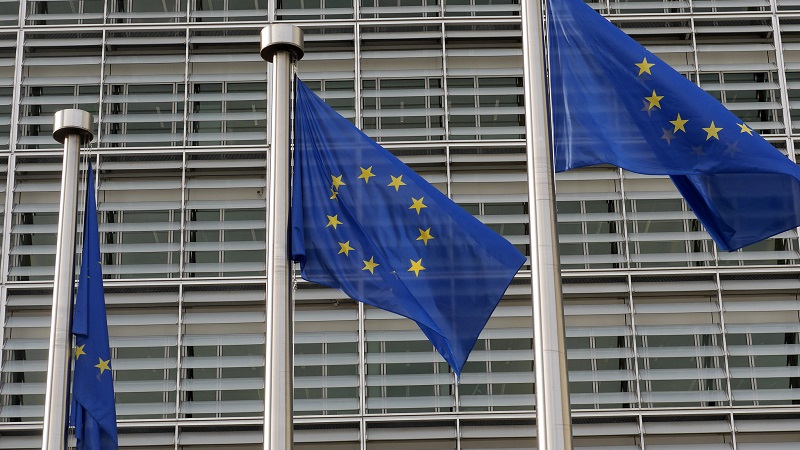In June 2020, the European Commission’s review for the European Parliament on the functioning of the Alternative Investment Fund Managers Directive (AIFMD) reported that the regulation was working well. It had helped create an internationally-recognised European market for alternative investment funds, strong investor protection and contributed to market efficiency and integrity.
Most fund groups agree with the commission’s upbeat summary. Jeff Rupp, director of public affairs at Inrev, says: “The AIFM has been successful in achieving its objectives. We see a reduction in systemic risk and a reduction in the use of leverage. We see investor protection enhanced and increased transparency, plus we also see increased market efficiency and integrity.”
However, the commission felt there were improvements that could be made – and launched a public consultation on 22 October, gathering the views of fund managers, distributors, industry bodies, regulators and investors ahead of the January 2021 deadline.
It is increasingly clear that many fund groups believe that opening the Pandora’s box of regulation on AIFMD may be neither helpful nor good timing.
Pandora’s box of regulation
For the commission, the problems with the directive lay in some macro considerations – the functioning of the framework and the passport in individual countries, whether it offers sufficient investor protection – alongside some micro considerations – funds’ exposure to the leveraged loan and collateralised bond markets and the methods of calculating leverage or whether the rules on investing in private companies are fit for purpose. The original consultation also asked whether the AIFMD ensures that managers operating under the regime quantify sustainability risks, though this has already been brought into effect.
In a recent ALFI presentation, it was clear that the majority of fund groups and their representatives would rather, on balance, the regulators left well alone. Martin Bresson, public affairs director at Invest Europe, said: “When we plead against changes to the regulation, it’s not that we don’t have a number of minor tweaks. The problem is that we might not have the same tweaks as someone else and once that Pandora’s box of regulation is opened, we won’t get our two or three binary deliveries and the genie has been let out.”
Agathi Pafili, vice-president of Capital Group, believes there can be risks inherent in changing the rules. “We would prefer no changes are made. However, if changes are to be made, we would like companies to look at the inefficiencies that they are intended to address and find specific solutions to those efficiencies […] there may be unintended consequences when trying to resolve a problem that doesn’t exist.”
In particular, says Rupp, they would urge the commission to avoid making changes to level 1. He would rather the AIFMD remains as a manager regulation rather than becoming a product regulation. If they really must make changes, he says, it would be to cross-border marketing and investor access. He also thinks regulators should look at ways to reduce the cost of compliance, which is still an impediment for smaller fund managers to access the regime.
Cause headaches
In general, regulators have been more welcoming of a review of the regulation. The French Autorite des Marches Financiers (AMF), for example, believes that the rules should be improved to deal with situations where supervision is fragmented between several authorities. In these cases, a leading supervisory role should be given to the competent authority in charge of supervising the fund manager to monitor its activities across the EU.
It also believes there needs to be more effective supervision of delegation arrangements, ensuring AIFM and Ucits managers remain ultimately in charge of key business functions and decisions. Many third-party AIFM platforms have built substantial business models on the back of the delegation rules and any changes could prove critical to the management and distribution of alternative investment funds. A number of these third-party platforms are also situated outside the EU, which creates some headaches for regulators.
The AMF also wants to see further harmonisation and consistency between AIFMD, Ucits and Mifid to reduce unnecessary differences in obligations between entities providing the same services. If the current ‘buzz’ is anything to go by, it is these two areas – delegation and AIFMD/Ucits harmonisation – that seem likely to be the focus for the commission.
It is worth noting that the AIFMD is already changing. On 21 April, after consultation, the European Commission adopted an ‘ambitious and comprehensive’ package of measures relating to the EU Sustainable Finance Action Plan. The new rules oblige fund managers operating under the AIFMD to assess the risks to fund returns arising from environmental, social or governance considerations. That assessment needs to be reflected in the fund managers’ policies and procedures.
If it ain’t broke…
This is already a tough ask for alternative investment managers. Many long-only equity fund groups find that their underlying investee companies aren’t providing enough information for them to make the relevant disclosures to their investors. If this is a problem in the long-only equity world, it seems likely that it will be an even greater problem in the world of alternatives. How easy will it be for a macro hedge fund, for example, to incorporate sustainability risks into its decision-making?
The changes to the AIFMD rules may be unwelcome tinkering at a time when private sector capital is needed to help support the recovery. The compliance burden for AIFMD is already high. Regulators risk denting a regime that has been working successfully.
For more on pan-European funds and investing, please visit expertinvestoreurope.com










